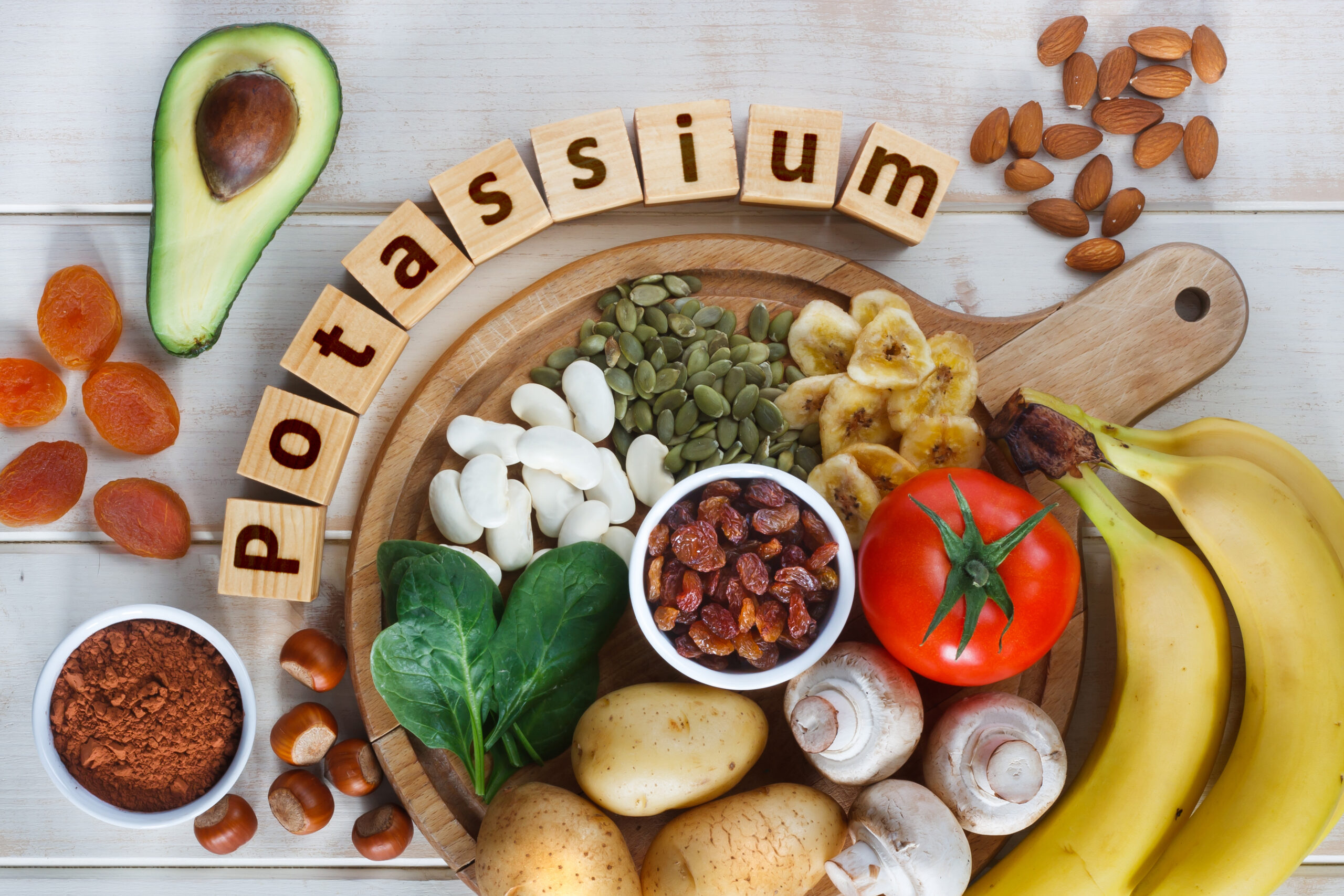Insulin plays a crucial role in regulating our body’s blood sugar levels and metabolism. It is a hormone produced by the pancreas that allows cells to take in glucose from the bloodstream and use it for energy or store it for future use. However, when there is a disruption in the body’s insulin function, it can lead to a condition known as insulin resistance. In this comprehensive guide, we will explore the function of insulin, the causes and effects of insulin resistance, and strategies for managing and preventing this condition.
Understanding Insulin:
Insulin is essential for maintaining healthy blood sugar levels. When we consume carbohydrates, the body breaks them down into glucose, which enters the bloodstream. In response to rising blood glucose levels, the pancreas releases insulin. Insulin acts as a “key” that unlocks the cells, allowing glucose to enter and be used as fuel. It also helps to store excess glucose in the liver and muscles as glycogen for later use.
Insulin Resistance:
Insulin resistance occurs when the body’s cells become less responsive to the effects of insulin. As a result, the pancreas compensates by producing more insulin to try to overcome this resistance. Over time, the body may struggle to maintain normal blood sugar levels, leading to an increased risk of developing type 2 diabetes.
Causes of Insulin Resistance:
Several factors can contribute to the development of insulin resistance, including:
Obesity: Excess body fat, particularly around the abdomen, is strongly associated with insulin resistance. Adipose tissue releases inflammatory substances that can interfere with insulin signaling.
Sedentary Lifestyle: Lack of physical activity and a sedentary lifestyle can contribute to insulin resistance. Regular exercise helps improve insulin sensitivity and glucose uptake by muscles.
Unhealthy Diet: Consuming a diet high in refined carbohydrates, sugary foods, and processed foods can contribute to insulin resistance. These foods lead to rapid spikes in blood sugar and insulin levels.
Genetics: Some individuals may have a genetic predisposition to insulin resistance and an increased risk of developing type 2 diabetes.
Effects of Insulin Resistance:
Insulin resistance can have wide-ranging effects on the body, including:
Elevated Blood Sugar: Insulin resistance leads to higher blood glucose levels as cells become less responsive to insulin’s actions.
Type 2 Diabetes: If insulin resistance persists, it can progress to type 2 diabetes, a chronic condition characterized by consistently high blood sugar levels.
Weight Gain: Insulin resistance can contribute to weight gain and difficulty losing weight, as elevated insulin levels promote fat storage.
Cardiovascular Complications: Insulin resistance is associated with an increased risk of developing cardiovascular diseases, such as heart disease and stroke.
Managing and Preventing Insulin Resistance:
Healthy Diet: Adopting a balanced diet that is rich in whole foods, including fruits, vegetables, lean proteins, and healthy fats, can help manage insulin resistance. Focus on reducing refined carbohydrates, sugary foods, and processed snacks.
Regular Exercise: Engaging in regular physical activity helps improve insulin sensitivity and promotes weight management. Aim for a combination of cardiovascular exercise and strength training.
Weight Management: Maintaining a healthy weight or achieving weight loss, if necessary, can improve insulin sensitivity and reduce the risk of insulin resistance.
Stress Management: Chronic stress can contribute to insulin resistance. Incorporate stress-reducing techniques such as meditation, yoga, or engaging in hobbies that promote relaxation.
Sleep Quality: Prioritize sufficient sleep and establish consistent sleep patterns. Inadequate sleep has been linked to insulin resistance.
Avoid Sedentary Behavior: Reduce prolonged sitting and incorporate more movement throughout the day. Even small bouts of activity can have a positive impact on insulin sensitivity.
Medication: In some cases, medication may be prescribed to manage insulin resistance and help control blood sugar levels. Consult with a healthcare professional for personalized guidance.
Conclusion:
Insulin is a vital hormone that regulates blood sugar levels and metabolism. Insulin resistance, characterized by reduced responsiveness to insulin, can lead to various health complications, including type 2 diabetes and cardiovascular diseases. However, through lifestyle modifications such as a healthy diet, regular exercise, weight management, stress reduction, and adequate sleep, insulin resistance can be managed and even prevented. Consulting with a healthcare professional is crucial for personalized guidance and support in managing insulin resistance and maintaining optimal health.
- Unveiling the Benefits of Delta-10 THC Disposables: A Comprehensive Guide - October 17, 2023
- Benefits of Vitamin K2, Nootropics - October 13, 2023
- Benefits of Theobromine Nootropics - October 13, 2023





